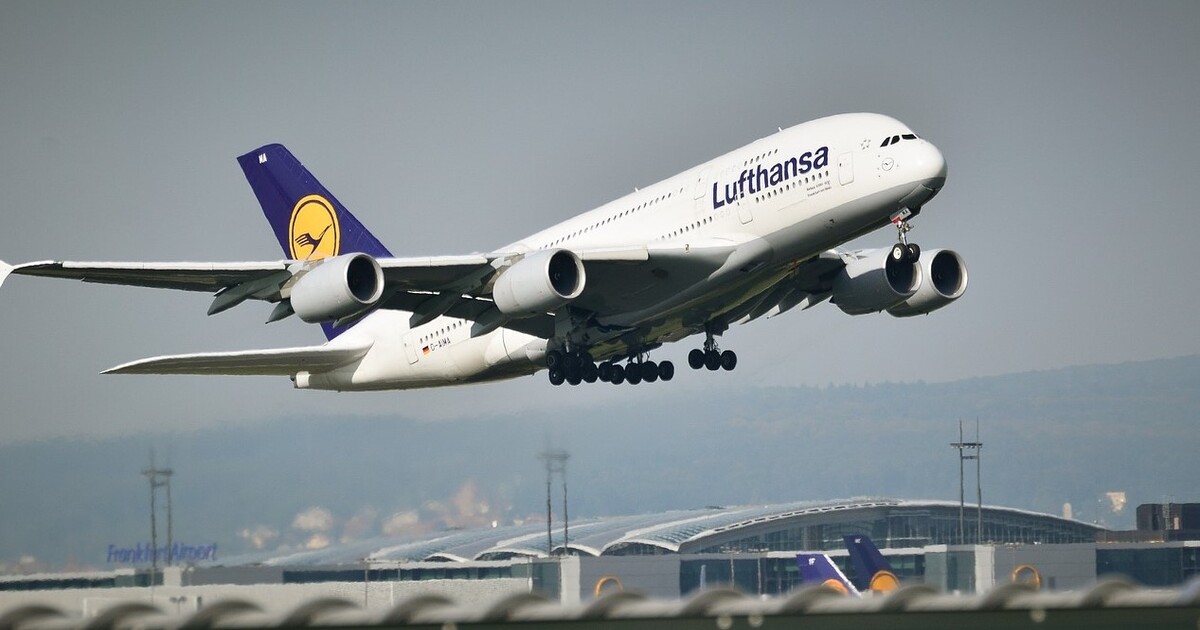Curtains for Zuma
With South Africa’s president out, what lies ahead for South Africa and the rest of the African continent?
February 16, 2018
The curtain finally fell on one of southern Africa’s post-colonial strongmen, South Africa’s President Jacob Zuma. He left his office begrudgingly late on Wednesday night, hours after the ANC joined his opponents on a multi-party crusade to eject him.
Zuma, the man who became famous for long-drawn legal proceedings against him, tried to hold on until the last minute. His goal was to extract as many concessions as possible before his ousting.
Zuma tried to portray himself as a victim of a small political cabal, while the majority of South Africans supposedly still wanted him. But South Africa had had enough of him, so that even his party could not wait for his resignation finally to happen.
Not unlike what happened in Zimbabwe
It was a palace revolt that was not too far removed from what happened in neighboring Zimbabwe last November. Like Robert Mugabe, Zuma had become too much of a liability. His reckless policy-making decisions grounded a once thriving economy.
Thankfully, with his fall, down the drain also went the fortunes of some of the most recalcitrant ministers in South Africa’s history. Whichever direction the wind blows to from today onwards, it is not unreasonable to predict that Mosebenzi Zwane, Lynne Brown, Faith Muthambi and Des van Rooyen – the ministers for Mineral Resources, Public Enterprises, Public Service and Administration and Cooperative Governance and Traditional Affairs respectively – will bite the dust as well.
It was Zuma’s erratic control of the South African economy that gave rise to a battalion of unemployed youths. They have very little regard for his earlier credentials in the country’s political struggles. For them, the immediate issues are jobs, education, health and other things that their counterparts the world over enjoy.
Seismic change
Zuma’s departure is a seismic change that is gaining traction across the African continent. Many millions are moving away from the nostalgia of the liberation struggles to demand what is rightfully due to them now.
Angola’s new President Joao Lourenco is moving with speed to wrestle the economy away from the hands of a few individuals who have derived large benefits from political connections. He has already dismissed his predecessor Jose Eduardo dos Santos’ son Jose Filomeno as chairman of the country’s $5 billion sovereign wealth fund.
Elsewhere, Emmerson Mnangagwa continues to clog flight hours trying to convince investors that Zimbabwe has entered a new era.
Clean-up at home
Zuma’s successor Cyril Ramaphosa has take on the previously untouchable institutions such as Eskom, the electricity public utility. His task is to send a clear message to investors that the country is on a new path.
Even South Africa’s lackluster elite crime unit, the Hawks, has suddenly woken up to their constitutional obligations of pursuing white collar crime.
This spells real trouble for the Guptas, whose business strategy was modelled on a simple approach: Using the collapsing governance of the country’s parastatals for their private gain, milking them dry. These crooks are now set to answer to suspicions of wrongdoing.
Editor’s note: Adapted from an article that appeared in South Africa’s Business Report.
Takeaways
The curtain finally fell on one of southern Africa’s post-colonial strongmen, South Africa’s President Jacob Zuma.
With South Africa’s president out, what lies ahead for South Africa and the rest of the African continent?
Zuma tried to portray himself as a victim of a small political cabal, while the majority of South Africans supposedly still wanted him. But South Africa had had enough of him.
Zuma’s departure is a seismic change that is gaining traction across the African continent.
